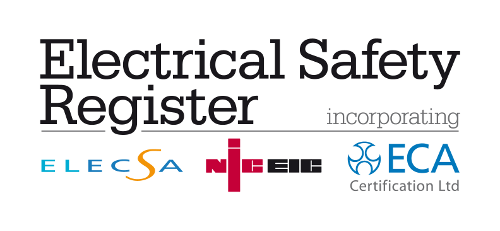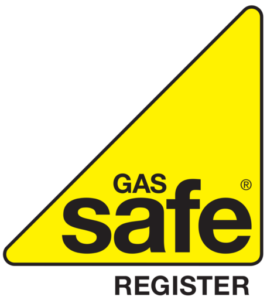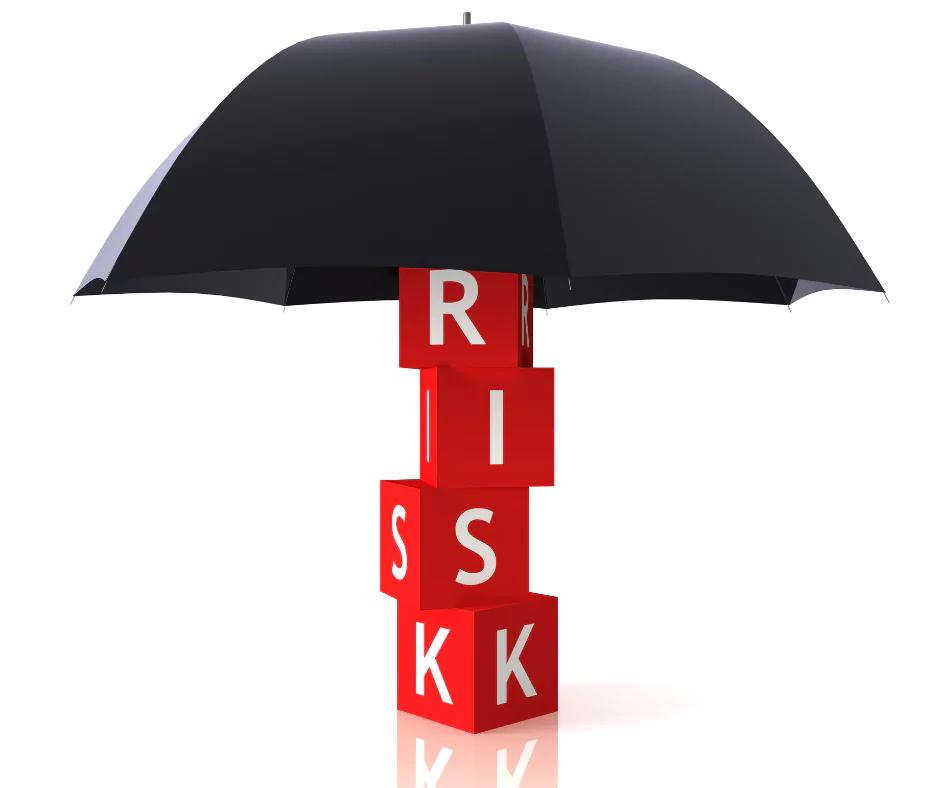Understanding Gas Safety Cert Guide for Landlords
Gas safety is a critical aspect of property management, especially for landlords and letting agents in the UK. Ensuring that all gas appliances and installations are safe not only protects tenants but also keeps landlords compliant with the law. This blog provides a comprehensive overview of gas safety certificates, covering legal obligations, the certification process, the role of the gas engineer, council requirements, and typical pricing.
Legal Requirements for Gas Safety Cert
A Gas Safety Certificate, often referred to as a CP12, is a legal requirement for all landlords in the UK who provide properties with gas appliances. The Gas Safety (Installation & Use) Regulations 1998 mandate that landlords must ensure all gas appliances, fittings, and flues provided for tenants are safe and checked annually by a qualified engineer. This applies to private landlords, housing associations, local authorities, and even establishments like hotels and B&Bs.
Failure to comply can result in hefty fines, criminal charges, or worse, put tenants at risk of serious harm due to gas leaks or carbon monoxide poisoning. There is no grace period for renewal—if a certificate expires, landlords are immediately at risk of penalties.
The Gas Safety Cert Process
The process begins with scheduling an inspection by a Gas Safe registered engineer. The engineer will:
Inspect all gas appliances (boilers, hobs, fires) and flues provided in the property.
Check for leaks, proper installation, and adequate ventilation.
Test safety devices and ensure appliances are operating efficiently.
After the inspection, the engineer will issue a Gas Safety Certificate if everything meets the required standards. This document details the checks performed, the condition of each appliance, any issues found, remedial work carried out, and confirmation of compliance. The certificate is valid for 12 months and must be renewed annually.
Role of the Gas Safety Engineer
Gas safety engineers play a pivotal role in ensuring the safe use of gas within properties. Only engineers registered with the Gas Safe Register are legally permitted to carry out these inspections and issue certificates. Their responsibilities include:
- Conducting thorough checks of all gas infrastructure, appliances, and fittings.
- Identifying and rectifying potential hazards.
- Providing expert advice on maintenance and safety improvements.
- Issuing the official gas safety certificate upon successful inspection.
Their expertise is crucial for both new installations and routine annual checks, safeguarding both property and lives.
Council and Local Authority Requirements
Local councils and housing authorities are empowered to enforce gas safety compliance. They require landlords to provide up-to-date gas safety certificates for all rental properties under their jurisdiction. Councils may request these certificates at any time, and failure to produce them can lead to enforcement action, including fines or prosecution. This requirement extends to all rented properties, including those managed by housing associations and local authorities themselves.
Pricing for Gas Safety Certificate Services
The cost of obtaining a gas safety certificate varies based on location, the number of appliances, and the provider. On average, prices in the UK range from £40 to £100 per certificate, with additional charges for multiple appliances or urgent appointments. Some landlords opt for annual maintenance plans that include the gas safety check, which can be cost-effective for properties with several gas appliances. It’s important to ensure the chosen provider is Gas Safe registered to guarantee compliance and peace of mind
Staying compliant with gas safety laws is not just a legal obligation but a vital responsibility to ensure the wellbeing of tenants and the integrity of your property. Regular inspections, prompt renewals, and working with qualified professionals are the cornerstones of safe property management. For a hassle-free and reliable service, consider booking your next gas safety cert with trusted specialists who understand the importance of safety and compliance in every inspection

Talk To Us!
Have Questions? Call Us Today for Expert Advice & Instant Assistance.
020 8609 7777
Booking assistance & Support

Fire Risk Assessment

Gas Safety Certificate
Gas Safety Certificate – Domestic – Meter & Upto 2 appliances
£57.99 Book NowGas Safety Certificate – Domestic – Meter & Upto 4 appliances
£77.99 Book NowCarbon Monoxide Alarm
£80 Book NowGas Safety Certificate – Domestic – “Discounted Offer” Boiler Service + Gas Certificate & 2 appliances
£89.99 Book NowGas Safety Certificate – Commercial – 1 appliance
£199 Book NowGas Safety Certificate – Commercial – 2 appliances
£245 Book NowGas Safety Certificate – Commercial – Boiler Service
£280 Book Now

Electric Safety
Studio Appartments Electrical Safety Certificate (EICR)
£65 Book NowPAT Testing Up To 10 Items
£58 Book NowDomestic Electrical Safety Certificate EICR 1 – 3 Bedroom – 1 Consumer Unit Up to 12 Circuits
£99 Book NowDomestic Electrical Safety Certificate EICR 4 Bedrooms – 1 Consumer Unit Up to 12 Circuits
£120 Book NowCommercial Electrical Certificate (EICR) – 1 Consumer Unit Up to 12 Circuits
£149 Book NowDomestic Electrical Safety Certificate EICR 5 Bedrooms – 1 Consumer Unit Up to 12 Circuits
£150 Book NowDomestic Electrical Safety Certificate EICR 6 Bedrooms – 1 Consumer Unit Up to 12 Circuits
£158.33 Book NowFuse Box Installation
£415.83 Book Now

Energy Performance

Inventory Services

Asbestos Surveys

Electric-Gas Appliances & Hob Installations

Talk To Us!
Get in touch if you're uncertain or need assistance ?
020 8609 7777
Talk to a Friendly Advisor
Accreditations







Help & Advice
-
Which Companies Provide Landlord Safety Certificates with Free Follow-Up Inspections?
Follow-up inspections verify that identified safety deficiencies have been properly remediated, ensuring rental properties meet all safety standards before certification. Understanding which providers offer complimentary follow-up visits, what these inspections
-
Which Service Offers Emergency Landlord Safety Certificate Renewals?
Emergency situations requiring urgent landlord safety certificate renewals arise more frequently than many property owners anticipate, from discovered expired certificates to urgent tenant move-ins and unexpected local authority inspections. Understanding
-
Where Can I Find a Landlord Electrical Safety Certificate Provider?
Electrical safety certificates represent essential legal requirements for rental properties in England, with regulations mandating comprehensive testing and certification every five years or at each change of tenancy. Finding qualified
-
Who Provides Landlord Gas Safety Certificates with Online Booking?
Modern technology transforms how landlords arrange essential compliance services, with online booking systems offering unprecedented convenience for obtaining gas safety certificates. Understanding which providers offer digital booking platforms, the advantages
-
Which Companies Offer Fast Landlord Safety Certification Services?
Time-sensitive situations frequently require landlords to obtain safety certificates quickly, whether for urgent tenant move-ins, compliance deadline pressures, or unexpected certificate expiries. Understanding which companies provide fast landlord safety certification
-
 Which Companies Provide Landlord Safety Certificates with Free Follow-Up Inspections?
Which Companies Provide Landlord Safety Certificates with Free Follow-Up Inspections?
-
 Which Service Offers Emergency Landlord Safety Certificate Renewals?
Which Service Offers Emergency Landlord Safety Certificate Renewals?
-
 Where Can I Find a Landlord Electrical Safety Certificate Provider?
Where Can I Find a Landlord Electrical Safety Certificate Provider?
-
 Who Provides Landlord Gas Safety Certificates with Online Booking?
Who Provides Landlord Gas Safety Certificates with Online Booking?
-
 Which Companies Offer Fast Landlord Safety Certification Services?
Which Companies Offer Fast Landlord Safety Certification Services?




